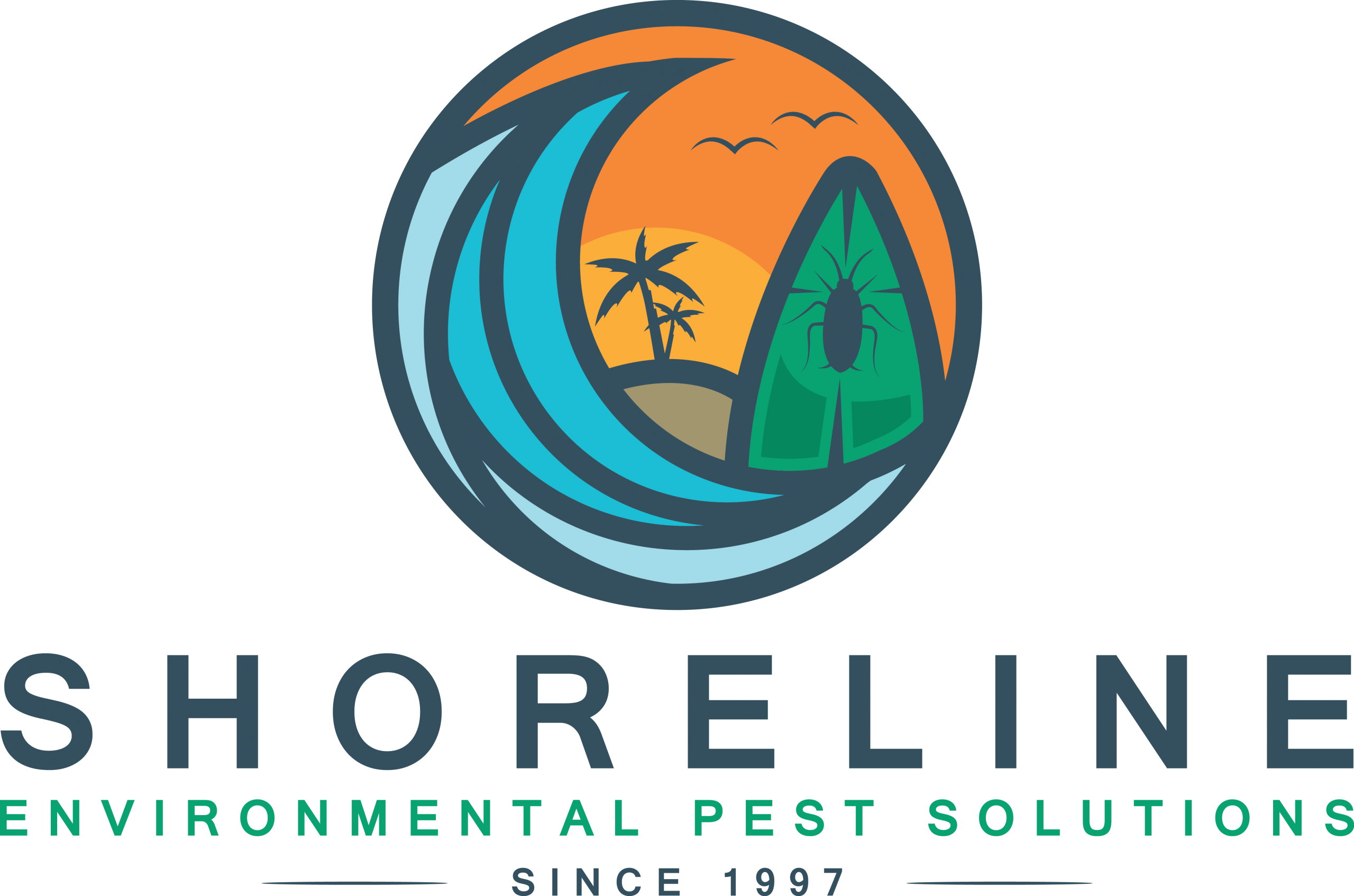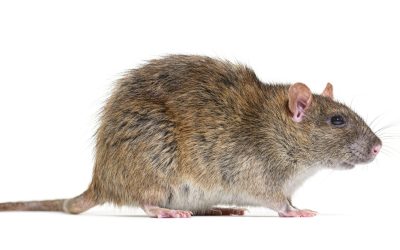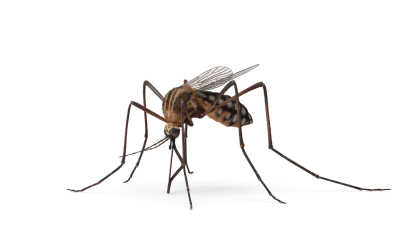As a restaurant owner or manager, you know the importance of maintaining a clean and safe environment for your customers. However, no matter how much effort you put into keeping your commercial kitchen spotless, pests can always find a way in. Rodents, in particular, can seriously threaten your business, reputation, and health. They can carry harmful diseases, leave droppings and urine, and even cause physical damage to your property. Hence, preventing and treating rodent infestations should be your top priority.
This blog will discuss the common types of pests that invade commercial kitchens, how to spot signs of rodents, methods to treat infestations, and tips to prevent future invasions. We will also detail how rodents can wreak havoc on your kitchen and the food served to your customers. By following these prevention tips, you can ensure your kitchen remains safe, hygienic, and rodent-free.
Common Commercial Kitchen Pests
Commercial kitchens are prone to pests that can contaminate the food items and cause several health issues. Among them, the most common pests are ants, cockroaches, flies, and rodents. Flies are infamous carriers of over 100 pathogens that can cause typhoid, salmonellosis, and tuberculosis. Rodents spread disease and bring fleas into the household, while cockroaches can trigger allergic reactions and spread seven human pathogens, six parasitic worms, and 33 different kinds of bacteria. Practical measures such as maintaining proper sanitation practices, using fly traps and baits, and sealing entry points can help control these pests and keep your commercial kitchen free from infestation. A pest-free kitchen is necessary for customer satisfaction and food safety.
Treating rodent infestations
Rodent infestations in commercial kitchens can be challenging to treat, and two of the most common options for removal are traps and rodenticides. Chronic rodenticides are often used, which include anticoagulants like coumatetralyl, diphacinone, and calciferol. However, using rodenticides may have negative implications, such as rodents dying in inaccessible locations or the smell of dead animals lasting for weeks. Professional help may be required in cleaning up after rodents. Preventive measures such as sealing off possible entry points and frequent cleaning can help eradicate rodents from your commercial kitchen.
How rodents can wreak havoc in commercial kitchens
If not handled properly, rodents like mice and rats can wreak havoc on commercial kitchens. They threaten customers’ health and safety, as they can carry diseases and contaminate food with their droppings and urine. Rodents can also cause physical damage by chewing through food packaging and electrical wiring and building nests in warm, dark spaces. An infestation in a commercial kitchen can quickly spread dangerous microorganisms and produce hefty fines from health inspectors. It’s essential to take immediate action when rodents are detected to prevent further damage to infrastructure and food.
How do mice get into kitchen cabinets?
Mice can squeeze through even the most minor holes, making it easy to enter kitchen cabinets through cracks, holes, or crevices in carpentry. Inspecting cabinetry and surrounding areas for any visible damage that may serve as a rodent entry point is crucial. Mice can also jump a foot into the air, quickly accessing countertops and pantry. Therefore, it is vital to seal off exterior cracks and crevices, such as those around pipes and doorways, to stop rodents from entering.
Hazards from rodents
Rodents pose a significant hazard to commercial kitchens. Mice and rats have heightened senses that allow them to locate food sources and chew through barriers to access food. Rodents can carry dangerous diseases like E. Coli, Salmonella, and Listeria and contaminate food. A rat infestation can be identified by scratching noises, small dark droppings, an unpleasant odour, and smear marks on work surfaces. Diseases like hantavirus and leptospirosis can transmit from rodents to humans, so get rid of them immediately to keep the environment clean and healthy.
Apart from rodents, cockroaches, flies, and ants can also spread disease and pose a hazard to health. It is essential to take preventative steps like sealing entry points, storing food in sealed containers, and maintaining cleanliness and hygiene to keep your commercial kitchen rodent-free.
Signs of rodents
Infestations of rodents in a commercial kitchen can present a significant health risk to employees and customers alike. It is crucial to recognize the signs of a rodent infestation to take effective control measures immediately to prevent the situation from worsening.
Rodent droppings are a common and easily noticeable symptom of an infestation; different species have distinct sizes and shapes of faeces. Another sign is noting gnaw marks and damage to equipment and property. Rats and mice often leave visible grease streaks, distinguishing them from other insects. Cockroaches can produce a distinct foul odour, while rodents may leave trash litter as shredded paper and fabric.
Use of rodenticides
While rodenticides effectively prevent and control rodent infestations, they must be used cautiously in commercial kitchens. Rodenticides are available in different forms, such as anticoagulants and vitamin D combinations. However, misusing them can pose dangers to both humans and animals. It is essential to use registered products in secure bait stations restricted from areas where food is handled.
Expertise is needed to determine the appropriate bait to use, frequency of application, monitoring regime, and documentation for regulatory compliance. It is essential to handle rodenticides with caution and use them properly to ensure your commercial kitchen remains rodent-free.
Hazards of rodent-infested food
Rodents are known carriers and transmitters of over 35 diseases that can be spread through direct contact with the animal, their urine and feces, and saliva. When present in a restaurant, they can easily contaminate food and pose a severe health risk. Moreover, rodent sightings in a restaurant can lead to decreased business and a loss of reputation due to the negative association.
In addition to health risks, rodents can chew through food packaging and electrical wiring, damaging inventory and appliances. It is imperative to keep your commercial kitchen free of rodents by following strict cleaning protocols and investing in pest control services. Prevention is vital to keeping your establishment rodent-free and your customers safe.
In conclusion, keeping your commercial kitchen free from rodent infestations is vital to guarantee food safety standards and protect your reputation, income, and legal compliance. Several factors go into rodent prevention, such as identifying common kitchen pests, treating infestations, identifying entry points, and taking precautions through regular cleaning and disinfection practices. Always use appropriate rodenticides and abide by the guidelines and restrictions related to their use. The risks associated with rodent-infested food are immense and can jeopardize the health and well-being of anyone who consumes them. Take the necessary steps to ensure that your commercial kitchen stays free of pests and create a safe and secure environment for yourself, your staff, and your customers.





0 Comments